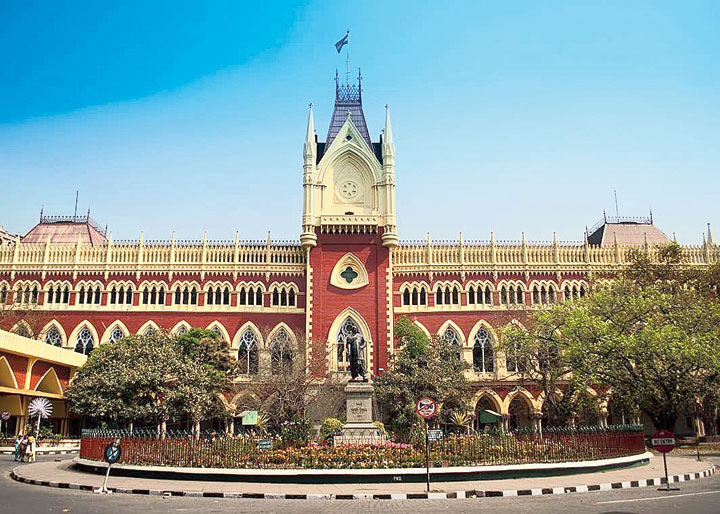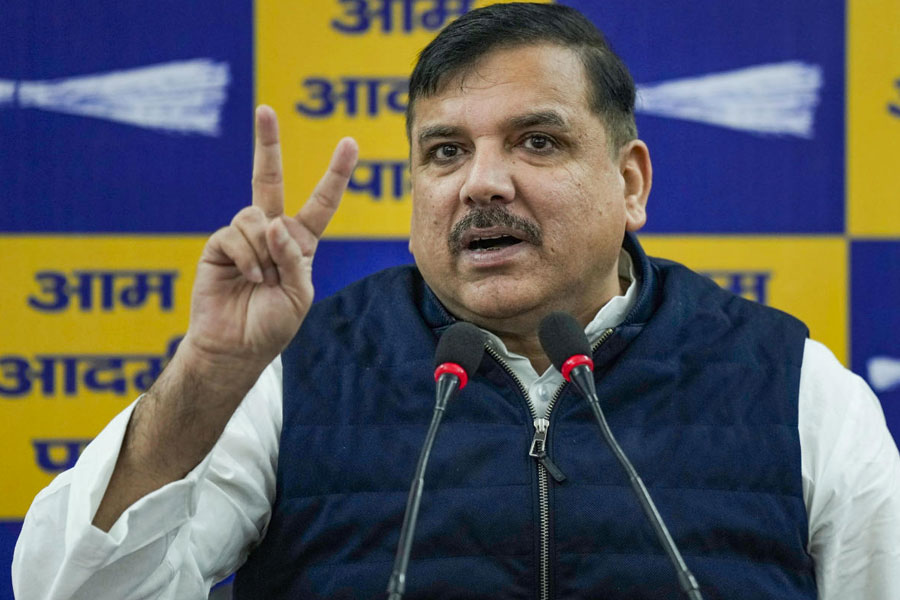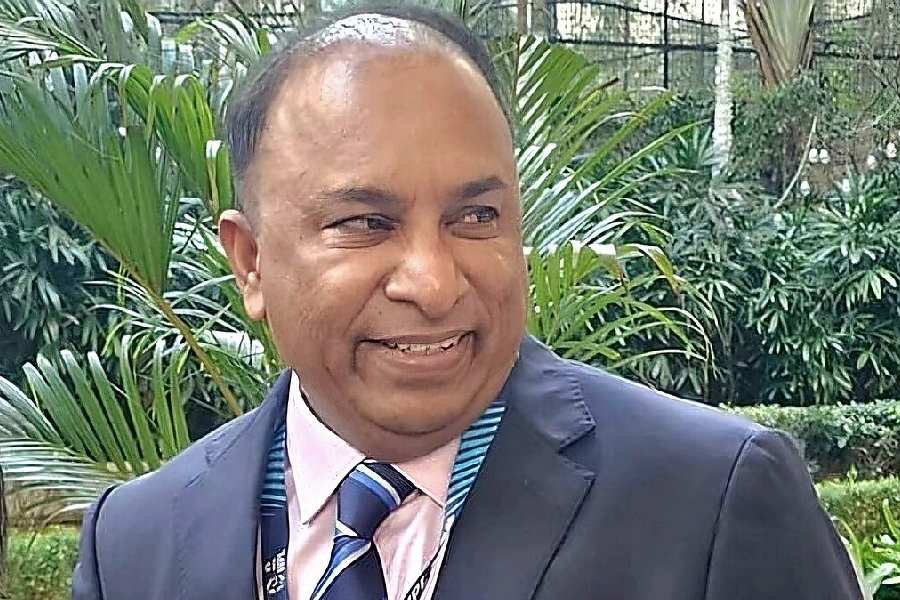The high court on Thursday stayed till March 18 the Centre’s expulsion order on a Polish student of Jadavpur University for alleged anti-government activities after he had participated in an anti-CAA protest.
The Foreigners’ Regional Registration Office, a wing of the Union home ministry, had asked Kamil Sedchinski, a postgraduation student of comparative literature, to leave India by March 9.
The hearing on the petition moved by the student challenging the FRRO directive concluded on Thursday and Justice Sabyasachi Bhattacharya has reserved his verdict.
Moving the petition on Wednesday, the student’s counsel, barrister Jayanta Mitra, had alleged that the FRRO had not given an opportunity to his client to defend himself.
On Thursday, FRRO counsel Phiroze Edulji pointed out that since the principle of natural justice in Article 19A of the Constitution was not applicable to foreign nationals, it was not mandatory for his client to give a hearing to the Polish student before asking him to leave India.
To substantiate his claim, Edulji cited several judgments.
He also said that a detailed inquiry conducted by the police had revealed that Kamil was involved in “political activities” in India. The lawyer submitted a copy of the inquiry report to the judge in a sealed cover and requested him not to divulge the contents in open court or to the petitioners’ lawyers.
Barrister Mitra argued that he had never claimed that the principle of natural justice applied to his client.
“But Article 14 (freedom of speech) and Article 21 (fundamental rights) are applicable to my client. This means, he enjoys the liberty to know why he was asked to leave the country and was not given an opportunity to defend himself before digesting any penal action against him,” Mitra said.
Citing several high court and Supreme Court judgments, Mitra said that while dealing with similar issues, various courts had stood by the side of foreign nationals.
Justice Bhattacharya asked whether the provisions laid down in the Foreigners’ Act, 1946 (a British-era law), which empowers the FRRO to issue expulsion notifications, were still relevant.
Mitra expanded the scope of his argument and said: “A lot of changes have taken place since 1946. The world has become smaller and travel between countries has increased. Different high courts and even the Supreme Court, in their judgments, had observed that the ambit of the law changes with the change in social life.”
While commenting on the FRRO’s probe report, the barrister said: “Even after the inquiry, giving reasons is mandatory while passing any order. The FRRO has passed its order without citing any reason.”











